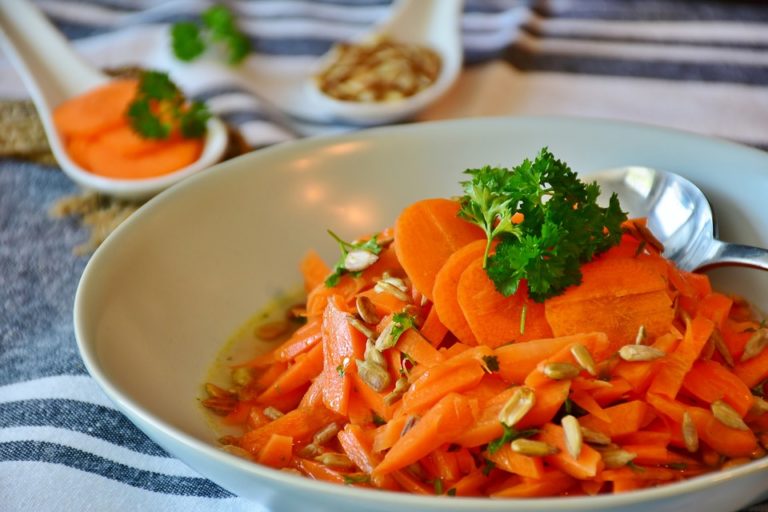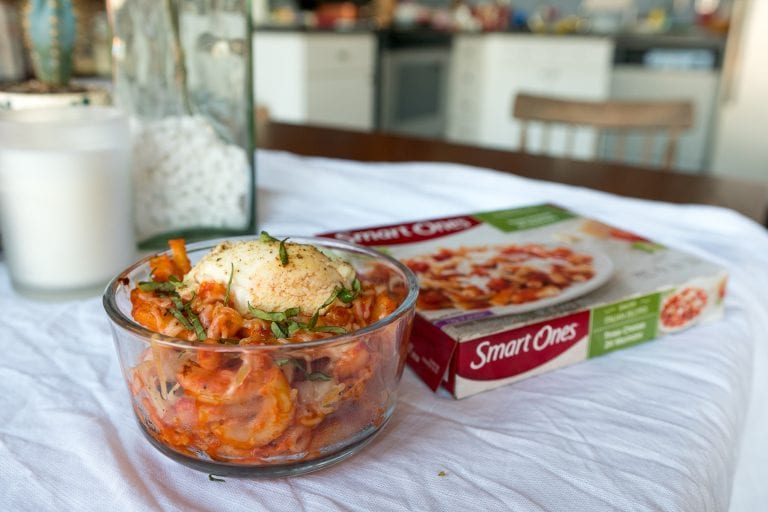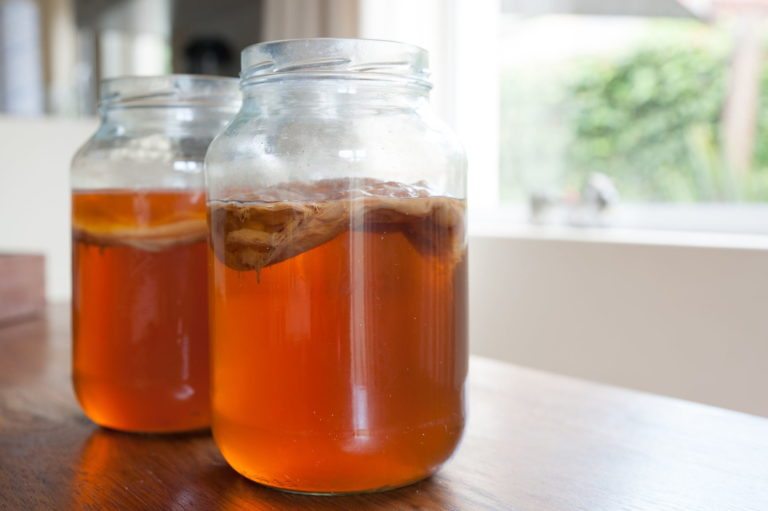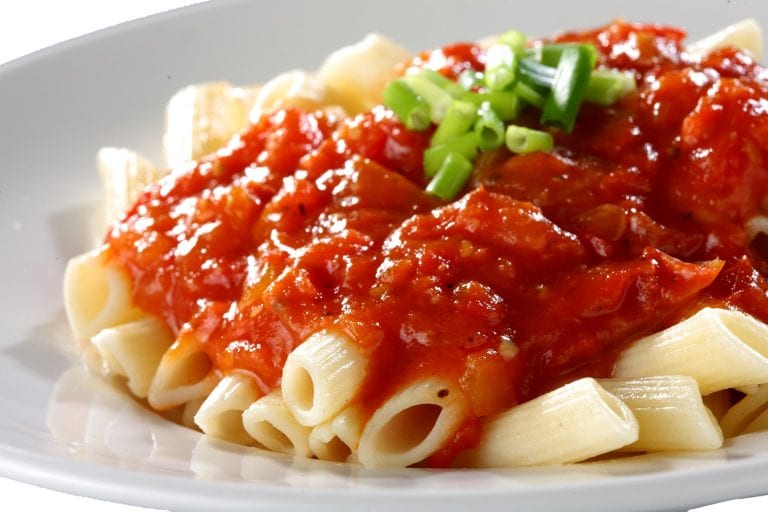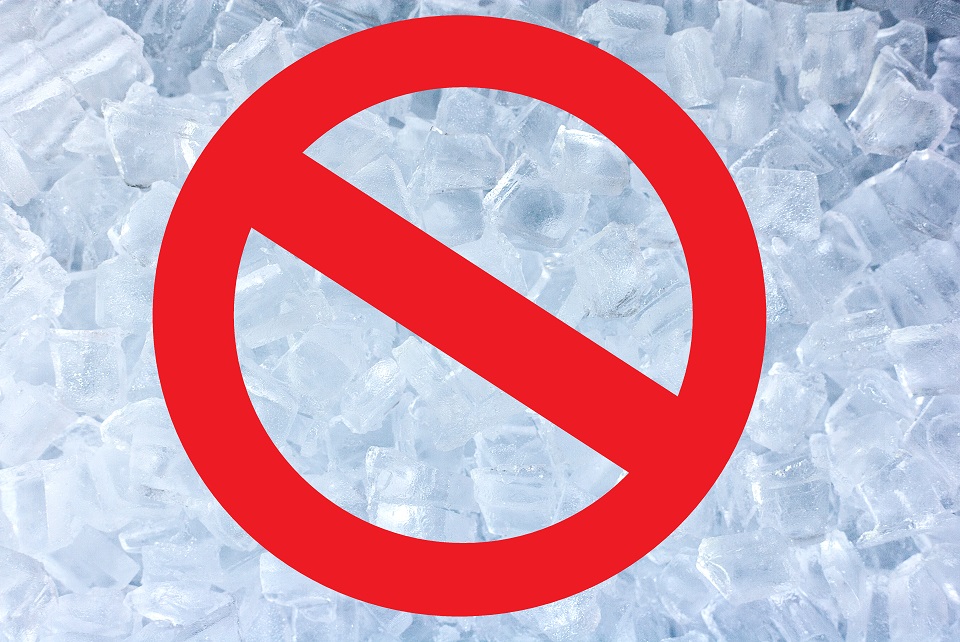
What not to freeze
Cheeses are not ideal for freezing and the process not only affects the flavor but will have an adverse effect on the structure of the cheese.
Soft cheeses like camembert, brie and cream cheese are not suitable for freezing and although a hard cheese like Parmesan can be frozen, it’s flavor is likely to be affected. Freezing Parmesan is unnecessary as it can be easily stored in the fridge for a considerable amount of time.
Whole, raw eggs are not suitable for freezing and although egg yolks can be frozen to be used as a future egg wash or as an ingredient in a baking recipe, it will tend to not work in a lot of recipes. Mayonnaise is another foodstuff unsuitable for freezing as it’s constituent ingredients will split. Hard-boiled eggs are also unsuitable as the whites will go rubbery.
Like with cheeses, the structure of milk can be altered through the freezing process, but unlike cheese, the breakdown of the structure of the milk can be usually fixed with a quick shake.
While frozen custard (ice cream) and yoghurt are a real treat, if you thaw them they develop a grainy texture. If you want to freeze double cream, give it a light whipping first.
Raw vegetables with a high water content, such as tomatoes, cucumbers, mushrooms, courgettes and lettuces, will never be appealing when defrosted. The same is true of many fruits, including citrus fruits, watermelons and grapes, but these often taste refreshing when eaten frozen.



